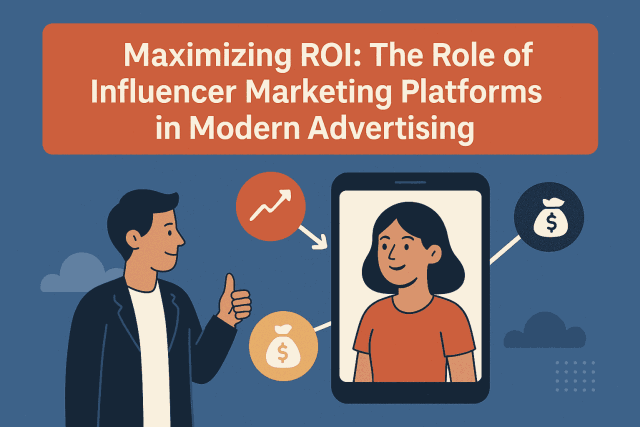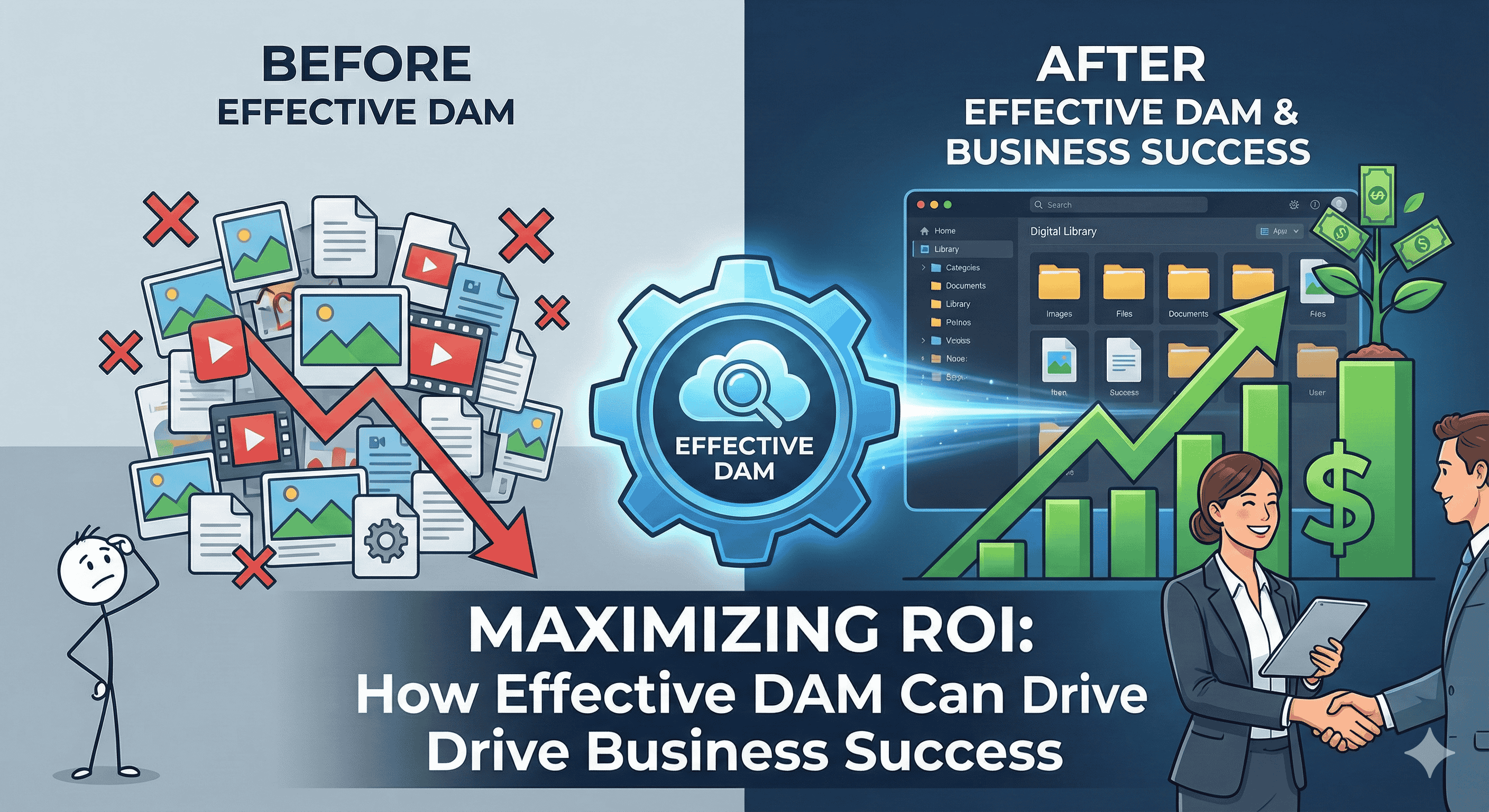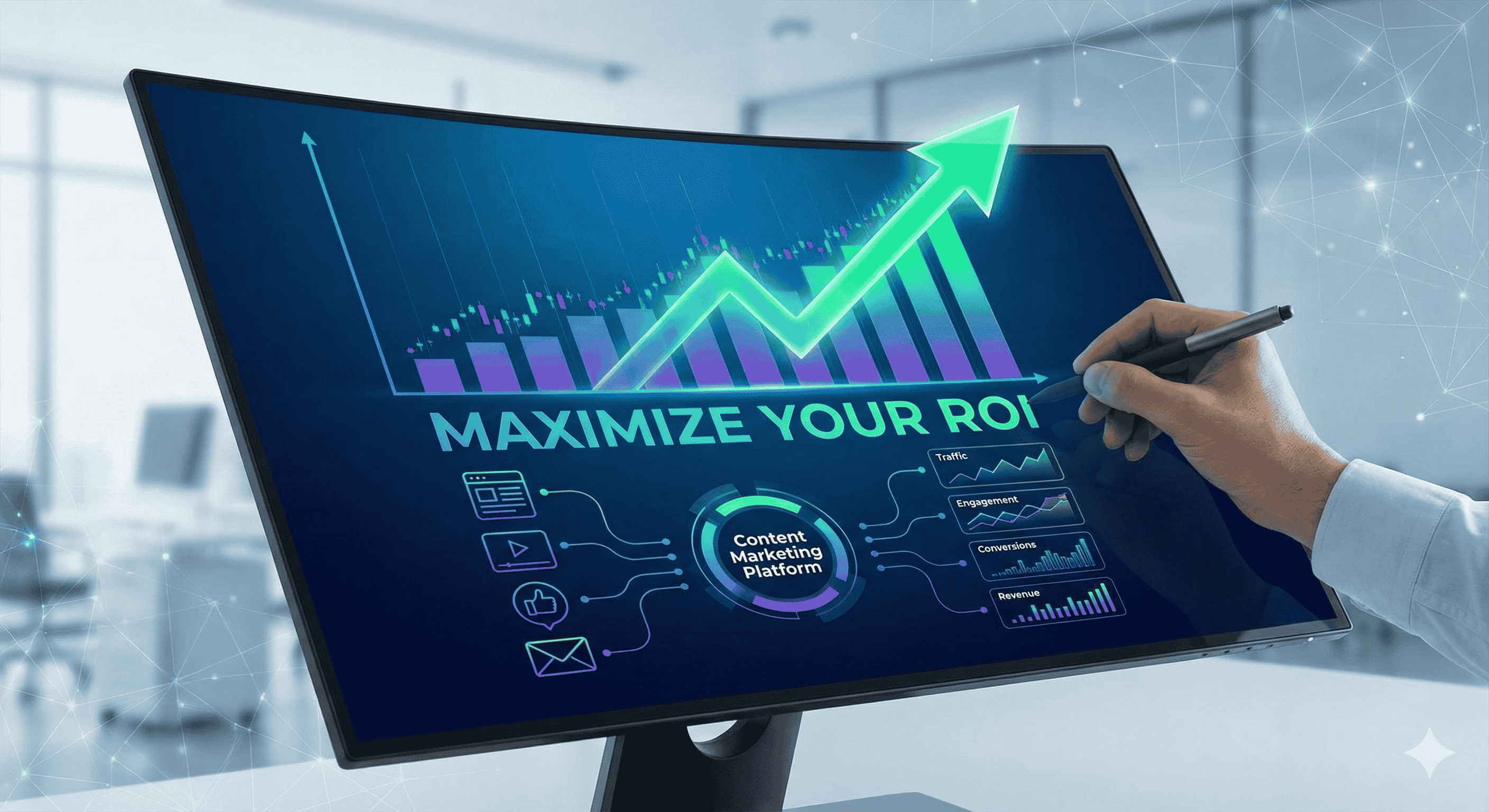In the ever-evolving landscape of marketing, businesses are continuously seeking effective ways to connect with their target audiences. One of the most powerful tools at their disposal is influencer marketing, which leverages the reach and credibility of social media influencers to drive brand awareness and sales. However, to maximize return on investment (ROI), brands increasingly rely on sophisticated influencer marketing platforms that streamline the process and enhance results.
Understanding Influencer Marketing
Influencer marketing capitalizes on the trust and rapport influencers have built with their followers. By partnering with influencers who resonate with their brand values and target demographics, companies can foster authentic connections with potential customers. These partnerships can take various forms, including sponsored posts, product placements, and co-branded campaigns.
The Challenge of Measuring ROI
Despite its effectiveness, measuring the ROI of influencer marketing campaigns poses significant challenges. Factors such as varying engagement rates, differing audience demographics, and the indirect impact of influencer endorsements complicate the assessment of campaign performance. This is where influencer marketing platforms come into play.
The Emergence of Influencer Marketing Platforms
Influencer marketing platforms are dedicated software solutions that connect brands with influencers, facilitating collaboration and managing campaigns. These platforms provide a range of features that help brands streamline their influencer marketing strategies and optimize ROI.
Key Features of Influencer Marketing Platforms
- Comprehensive Databases: Most platforms offer extensive databases of influencers across various niches, allowing brands to find the perfect match for their campaigns based on audience demographics, engagement metrics, and content style.
- Performance Analytics: Advanced analytics tools enable brands to track key performance indicators (KPIs) such as engagement rates, conversion rates, and overall campaign performance. This data is crucial for assessing the effectiveness of influencer partnerships and making informed decisions.
- Campaign Management Tools: Influencer marketing platforms often include tools that simplify the campaign management process, from outreach and negotiation to content approval and payment.
- Content Curation and Repurposing: Many platforms provide features for curating user-generated content (UGC) created by influencers, allowing brands to repurpose this content across their own channels for extended reach and engagement.
- Compliance and Legal Verification: With transparency becoming increasingly important, influencer marketing platforms often assist brands in ensuring that their campaigns adhere to regulations, such as the FTC guidelines for sponsored content.
Maximizing ROI with Influencer Marketing Platforms
To truly maximize ROI through influencer marketing, brands can leverage the capabilities of these platforms in several ways:
1. Data-Driven Decisions
By utilizing the performance analytics tools provided by influencer marketing platforms, brands can make data-driven decisions. Analyzing past campaign performance helps identify high-performing influencers and tailor strategies that resonate with target audiences.
2. Enhanced Targeting
The ability to search for influencers based on specific criteria, such as follower demographics, interests, and engagement rates, allows brands to target their audience more precisely. This targeted approach reduces wasted marketing spend and enhances campaign effectiveness.
3. Improved Collaboration
The streamlined communication tools within influencer marketing platforms facilitate smoother collaboration between brands and influencers. This enhanced relationship can lead to more authentic content and better campaign outcomes.
4. Greater Accountability
With comprehensive tracking and reporting features, brands can hold influencers accountable for their performance. This structure ensures that both parties are aligned on goals and expectations, ultimately driving better results.
5. Cost-Effective Solutions
Influencer marketing platforms often provide tiered pricing structures or packages that can be more cost-effective than managing campaigns in-house. This value proposition helps brands maximize their marketing budgets.
Conclusion
In an age where consumer trust in brands is often low, influencer marketing has emerged as a vital strategy for genuine engagement. However, to maximize ROI in this space, brands must leverage the capabilities of influencer marketing platforms. These platforms not only simplify the process of finding and collaborating with influencers but also provide valuable insights and analytics that can significantly enhance campaign performance. As the digital landscape continues to evolve, embracing these tools will be crucial for brands looking to stay relevant and achieve lasting success in their marketing efforts.









